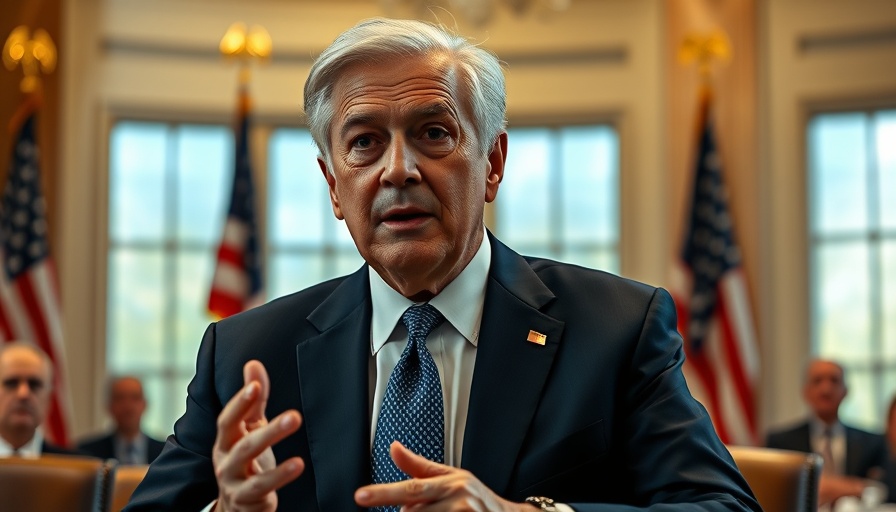
America's Current Political Landscape: The Pressures on Biden
In the wake of the latest economic reports, President Joe Biden is facing intense scrutiny as former President Donald Trump publicly blames him for a significant decline in the nation’s GDP during the first quarter. The shrinking of the GDP has stirred concerns among Americans, raising questions about economic management ahead of the upcoming elections. Many wonder how this economic downturn could shape the narrative for 2024 and influence voter sentiment.
How Economic Factors Shape Political Tides
Elections in the United States are often swayed by the state of the economy. Historically, incumbents have faced tough battles when economic indicators falter. The first quarter’s GDP contraction, reported as negative growth, marks a critical moment for Biden and the Democratic Party. Analysts point to this decline not merely as an isolated incident but as a potential harbinger of electoral consequences in a foreseeable future.
The Role of Misinformation in Political Discourse
Amidst this economic backdrop, another important discussion point emerged surrounding remarks made by Robert F. Kennedy Jr. He falsely claimed that he would ban several food dyes, a statement that has raised eyebrows and questions about misinformation in political communication. As voters become increasingly informed, the spread of misinformation poses significant challenges not only to individual candidates but to the collective political landscape. Voters must navigate through the noise to discern fact from fiction as they prepare for the elections.
The Implications of Recent Events on 2024 Elections
The interplay between economic performance and political fortunes makes this moment particularly pivotal. As Biden’s approval ratings fluctuate amidst economic challenges and misformation narratives proliferate, the 2024 elections loom ever closer. Political experts advise voters to stay vigilant in assessing candidates based not only on promises but also on tangible achievements and proposed policies. The economic landscape may well dictate the strategies of candidates as they gear up for what promises to be a highly competitive electoral cycle.
Understanding the Broader Impacts of Economic Narratives
As individuals prepare to cast their votes, understanding the implications of economic narratives becomes crucial. Voter awareness regarding economic policies and political claims can shape outcomes in local and national elections. Educating oneself on the state of the economy, the facts surrounding candidates’ statements, and understanding each party's stance on key issues is essential. This knowledge not only empowers voters but ensures that they are making informed decisions when they step into the voting booth.
Charting a Path Forward: A Call for Informed Citizenship
In an era where information is abundant but often misleading, the responsibility lies with the electorate to engage critically with news and political messaging. The interplay of economic factors and political rhetoric serves as a reminder that every vote carries weight. Today, as we witness economic shifts and political debates unfold, let’s commit to becoming informed citizens who can navigate the complexities of today's news landscape.
 Add Element
Add Element  Add Row
Add Row 



Write A Comment